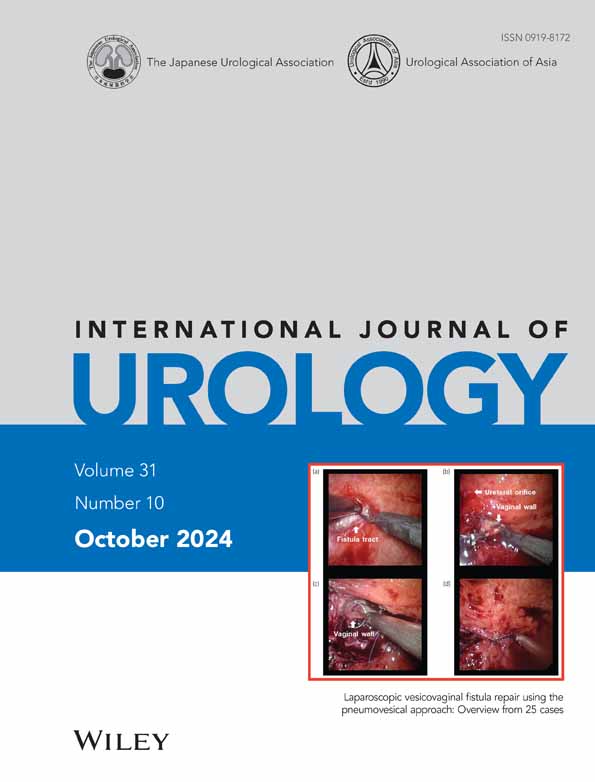Sarcopenia as a predictor of mortality in kidney transplant recipients: A 5-year prospective cohort study with propensity score matching
Abstract
Background
Sarcopenia is known to bring about adverse outcomes in elderly populations and dialysis patients. However, whether it is a risk factor in kidney transplant recipients (KTRs) has not yet been established. In the present study, the association of sarcopenia with mortality was investigated in KTRs.
Methods
We conducted a single-center prospective cohort study and recruited KTRs who were more than 1-year posttransplant from August 2017 to January 2018. The participants were followed for 5 years, and the Kaplan–Meier method and Cox proportional hazards model were used to assess patient survival.
Results
A total of 212 KTRs with a median age of 54 years and median transplant vintage of 79 months were enrolled in this study. Among them, 33 (16%) had sarcopenia according to the Asia Working Group for Sarcopenia 2019 at baseline. During the 5-year follow-up period, 20 (9.4%) died, 5 returned to dialysis after graft loss, and 4 were lost to follow-up. The 5-year overall survival rate was 90%. After 1:1 propensity score matching, a matched cohort with 60 KTRs was generated. The overall survival rate was significantly lower in the sarcopenia group compared to the non-sarcopenia group (p = 0.025, log-rank test). Furthermore, mortality risk was significantly higher in the sarcopenia group compared to the non-sarcopenia group (hazard ratio = 7.57, 95% confidence interval = 0.94–62).
Conclusion
Sarcopenia was a predictor of mortality in KTRs. KTRs with suboptimal muscle status who were at risk for poor survival could have a clinical benefit by interventions for sarcopenia.
CONFLICT OF INTEREST STATEMENT
Junji Uchida is an Editorial Board member of the International Journal of Urology and a co-author of this article. To minimize bias, they were excluded from all editorial decision-making related to the acceptance of this article for publication.




